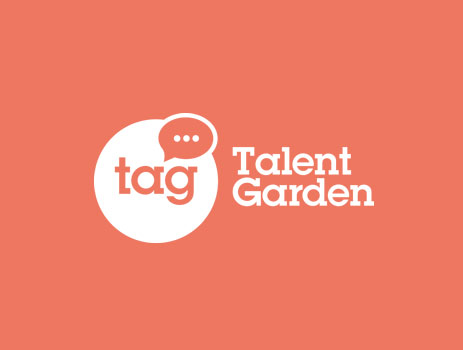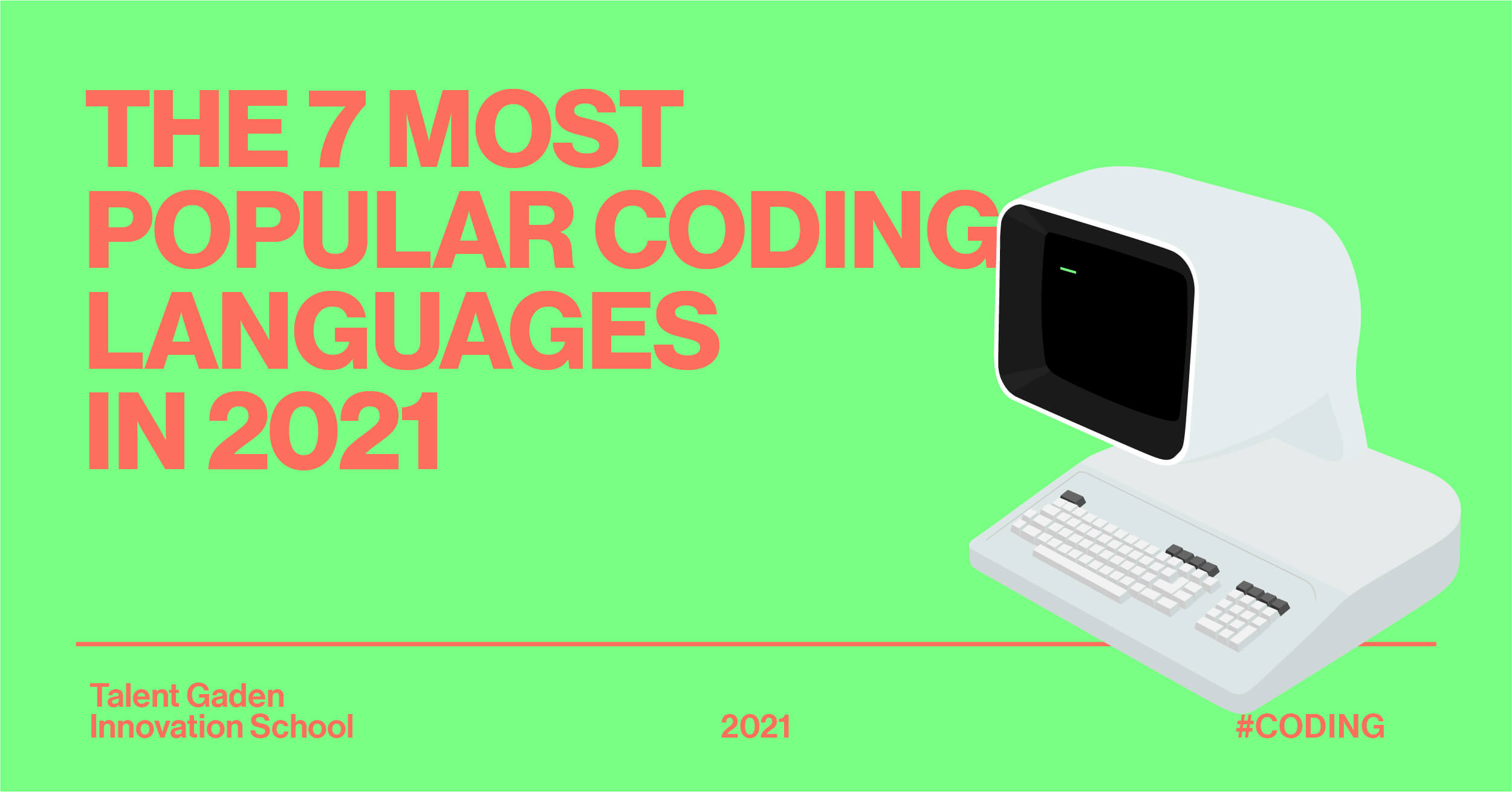

Don't you want to read? Try listening to the article in audio mode 🎧
What’s the difference?
When looking at the opportunities accelerators and incubators offer to startups, both of them follow very similar concepts. However, there are some main differences between the two that you should know before applying. Accelerator programs are typically focused on scaling a business and quickening growth. They have a strong emphasis on mentorship, which allows the entrepreneurs and members to be effectively guided throughout the process. Accelerators have a set time frame, usually a 3 to 4 month program. They also have an open recruitment process and allow anyone to apply, but only accept a few applicants. Lastly, accelerators have a set graduation date or demo day for their members after finishing the program. Incubators on the other hand are focused on developing innovative ideas and building a solid foundation. They have an indefinite amount of time, unlike accelerators, and concentrate on meeting benchmarks and goals. Incubators have an exclusive recruitment process, which is open to specific audiences, but they accept many. Lastly, they do not have a set graduation date or demo day for their members. After explaining some of these main differences, we hope it will help prepare you when choosing a program for your startup!
Article updated on: 09 August 2023

Don't Waste Your Talent. Turn It Into a Career With a Course That Fits Your Needs!
Talent Garden is your Digital Skills Academy, offering courses in Digital Marketing, UX Design, Digital HR and Data Analysis designed to launch your career.
Keep reading

4
min read
How to become a Chief Risk Officer (or Risk Manager)
What is Risk Management: the definition Risk management is a task that includes all identification processes, ...
Talent Garden
04/03/2022

5
min read
What is a Customer Journey Map, what it is used for and how to create it
Some of the fundamental questions all businesses should ask themselves are: how do users use our product? What are the ...
Talent Garden
04/03/2022

3
min read
7 Most Popular Programming Languages in 2021
As the technology ecosystem evolves the same happens for what lies at the core of each computer program, application, ...
Talent Garden
01/03/2021

0
min read
New Ways of Working: the benefits of an agile and employee-centric organization
Nowadays it's essential for corporates to adopt new ways of working: but what do we actually mean when we talk about ...
Talent Garden
20/05/2021
